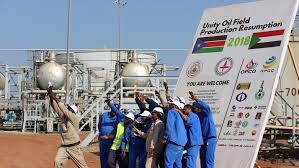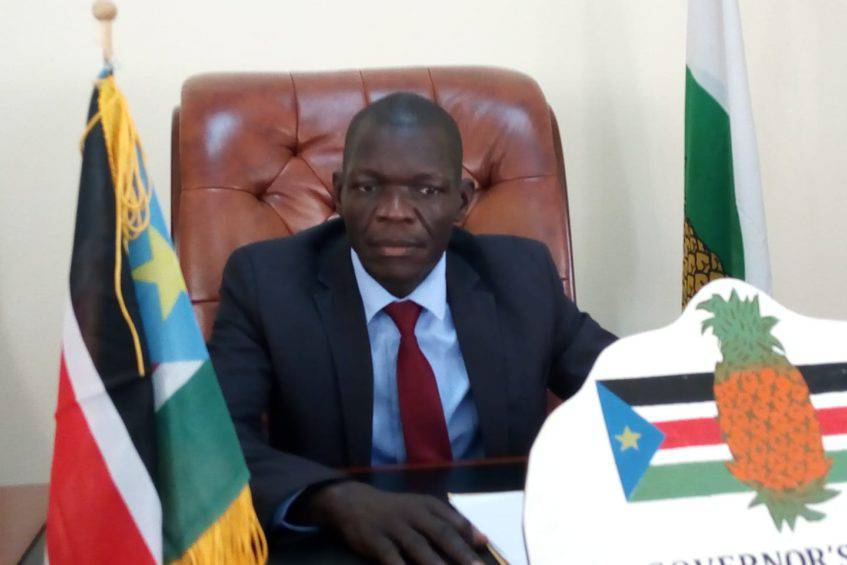
KHARTOUM/JUBA, Aug. 30, 2025 – Sudan’s Ministry of Energy and Petroleum has raised fresh concerns over the security of oil exports following renewed attacks by the Rapid Support Forces (RSF) on the Heglig oil facilities, a key hub for transporting South Sudanese crude.
In an official letter dated August 30 and addressed to Eng. Deng Lual Wol, Undersecretary of South Sudan’s Ministry of Petroleum, Acting Undersecretary Dr. Fadul Mahmoud said the RSF carried out a destructive assault on the Heglig Operations Basecamp at around 2:30 a.m. Friday. The attack destroyed the airport’s terminal and sent shrapnel flying into the basecamp, triggering panic among staff operating the Central Processing Facility (CPF) and Pump Station 1 (PS#1).
Mahmoud underscored the gravity of the attacks, stressing that continued operations amid escalating insecurity would place both personnel and vital infrastructure at risk. “The importance of personnel safety in the Heglig area and of keeping these facilities in operable condition cannot be overstated. Their continued operation despite ongoing attacks by the RSF will render them inoperable in the long run,” he wrote.
The letter also noted that Heglig Airport has been non-operational since April 2023 and that no military presence is stationed inside the oil zone. Mahmoud described the RSF assaults as deliberate strikes on civilian petroleum infrastructure, warning they represent a serious threat to the stability of oil flows from South Sudan.
As a precautionary measure, the ministry has ordered the operating companies 2B OPCO and PETCO to activate an Emergency Shutdown Plan and evacuate all personnel from the area. The RSF attacks on August 26 and 30 have already forced companies to drastically reduce staffing levels, leaving facilities operating at minimum capacity. Mahmoud cautioned that PETCO will not be able to meet the crude lifting schedule for the remainder of the month.
Sudan pledged to keep South Sudan informed about the shutdown process and called for strengthened coordination to mitigate disruptions.
The Heglig oilfields are a vital economic artery for both countries. South Sudan, which depends on oil for nearly all its revenues, exports its crude through pipelines running across Sudan. Observers warn that prolonged insecurity around Heglig could deepen economic crises in both Khartoum and Juba, where inflation and fiscal instability are already pressing challenges.

